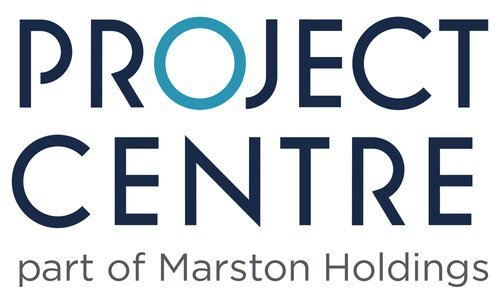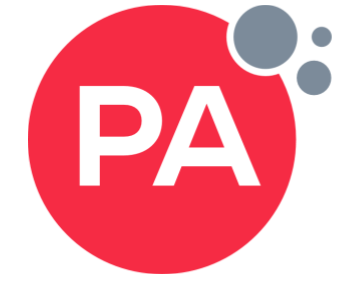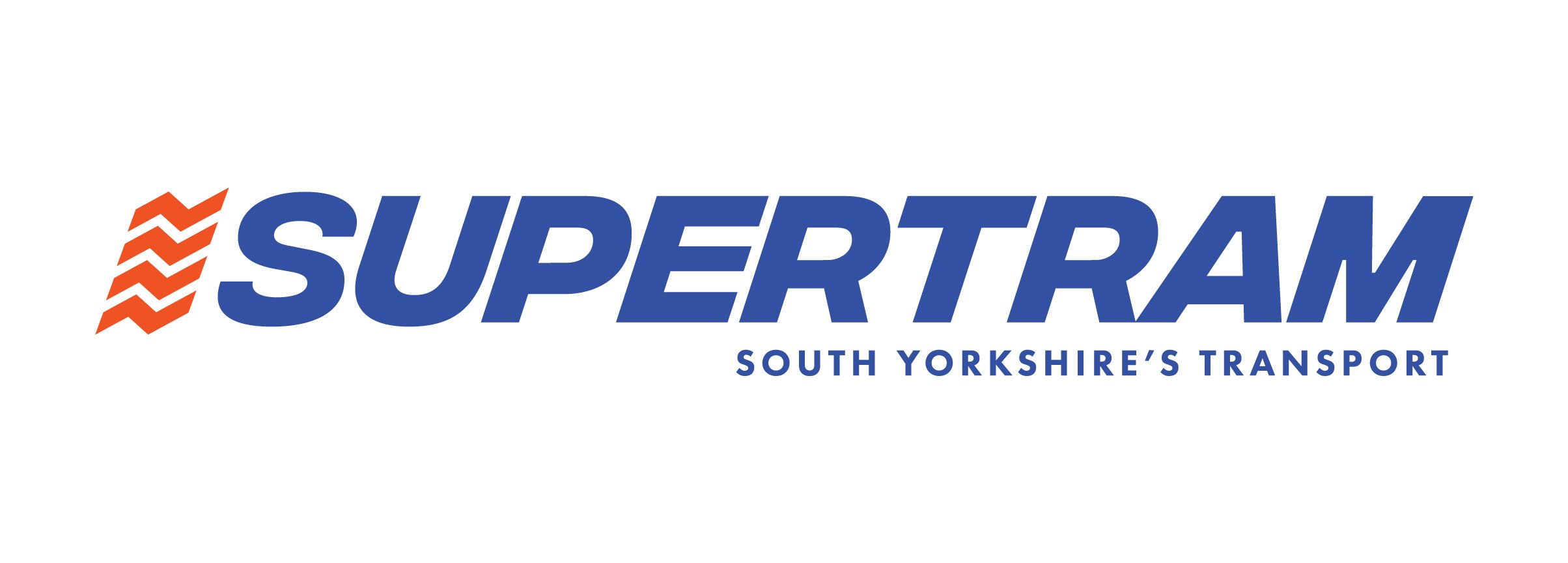Partner with Women in Transport
Let's work together to promote diversity
We offer a range of options to partner with us. Our packages are a flexible and accessible way to support Women in Transport and your organisation's equality, diversity and inclusion objectives.
Learn more about our partnership opportunities and our current partners. Or contact us if you would like a meeting to discuss how we can work together.
Advertise your open job roles with us
We have our own dedicated jobs platform to help organisations increase visibility and awareness of job roles and especially the representation of female applications.
Working in partnership with organisations like yours and the wider industry, we believe that we are creating the leading destination for women seeking a rewarding career within our amazing transport sector.
Click the button below to find out more about advertising your open roles today.
Latest partnership news
Diversity is good for business
Despite recent pushback against corporate DEI programmes, the business case for gender equity remains strong. Companies that achieve a more diverse range of employees, whether at board level or in more junior roles, gain access to tangible business benefits. These include greater levels of innovation, higher employee engagement rates, improved safety performance, increased client and employee retention, and better operating margins. At the leadership level, one 2016 study of 22,000 businesses worldwide found that organisations with 30% female leaders experience a 15% increase in net revenues compared to similar businesses with only male leaders.
Progress is being made. Globally, the World Economic Forum reports that women’s workforce participation reached 41.2% in 2024, with notable gains in traditionally male-dominated sectors like infrastructure (+8.9%). In 2025, the UK ranked 4th in the WEF’s Global Gender Gap Index, having closed 83.8% of its gender gap.
There is still much work to be done, however. Our Equity Index shows that 65% of organisations in the UK transport and logistics sector had no plan to close the gender pay gap in 2025 (up from 44% in 2023). Overall, the sector’s DEI score has fallen from 50% to 47%, putting it at a “foundational” level only.
Women represent 47% of the UK workforce but gender diversity is low in the transport and infrastructure sector. Just 13% of the construction sector, 20% of the transport sector and 11% of engineers are women. The Department for Transport’s (DfT’s) Infrastructure Skills Strategy set out an aim to achieve gender parity with the working population by 2030.
Based on information from the DfT, at a granular level, there are pockets of low representation across modes: 6% of pilots, 6.5% of bus drivers, 8% of drivers and 8% of rail engineers are women. Staff turnover rates are low which also limits the ability to shift the demographics of the workforce. There is scarce research into the barriers for women in transport.
The information that is available indicates some key themes including poor perceptions, stereotyping, workplace cultures, lack of support for development and progression, recruitment practices, lack of visible role models and women taking on the majority of invisible work (e.g. childcare, caring responsibilities). These challenges are not unique to transport but we need to work together to break down these barriers to participation and progression to drive positive change.
Gender diversity is low across the transport sector
How Women in Transport supports diversity in the transport sector
Our industry-wide network is open and inclusive, welcoming everyone who works in the transport sector. Our mission is to support the professional advancement of women working in the transport sector and we believe in promoting inclusion across the industry.
Continuing the legacy of the 100 Years of Women in Transport campaign, our key initiatives focus on:
Developing the transport industry workforce: Actively promoting the diverse career opportunities in the transport sector, raising the visibility of women working in the sector and collaborating with organisations that share our mission and values.
Providing opportunities for personal development and career progression at all levels: Providing an annual mentoring programme targeted at women working in transport and a leadership development programme to support more women into senior leadership roles backed by an alumni network. Offering professional development through workshops, speaking opportunities, networking and volunteering.
Inspiring the next generation: Tackling the lack of understanding about what the transport industry stands for and can offer to young people through outreach, positive role models and initiatives, such as, the Diversity Pledge for Transport.
Influencing key decision makers: Acting as secretariat for the All Party Parliamentary Group (APPG) for Women in Transport, formed in 2016. The APPG provides a forum to discuss and overcome the under-representation of women in the transport industry by promoting best practice examples of employers leading the way in gender diversifying their workforce. Establishing the D&I Bus Group to promote collaboration and greater diversity and inclusion in the bus and coach sector. We are working in collaboration across industry, with employers, Government, the Department of Transport and other diversity networks to drive positive change.
Our partners
The invaluable support of our corporate sponsors and partners supports our mission to advance the professional development of women working in transport across the UK.
Interested in partnering with Women in Transport? Contact us to find out more.
Advance 2025 Sponsors
Our Advance mentoring programme provides structured mentoring for our women members. A special thanks to TXM Group and Xanta who have supported the programme since the first year and for their continued and sustained support into our seventh year.
Sponsorship from these organisations enables us to provide our mentoring programme at no additional cost to our members, keeping it inclusive and accessible to all of our members.
All Party-Parliamentary Group (APPG) Sponsors
The APPG is supported by a range of organisations across the transport industry who help fund the running of the Group and its events via its secretariat, Women in Transport. If you are interested in becoming a sponsor of the Group, please contact the Secretariat at jo@jfgcomms.co.uk.
West Coast Partnership are current sponsors of the APPG for Women in Transport. The Secretariat is supported by JFG Communications on a pro-bono basis.



















































